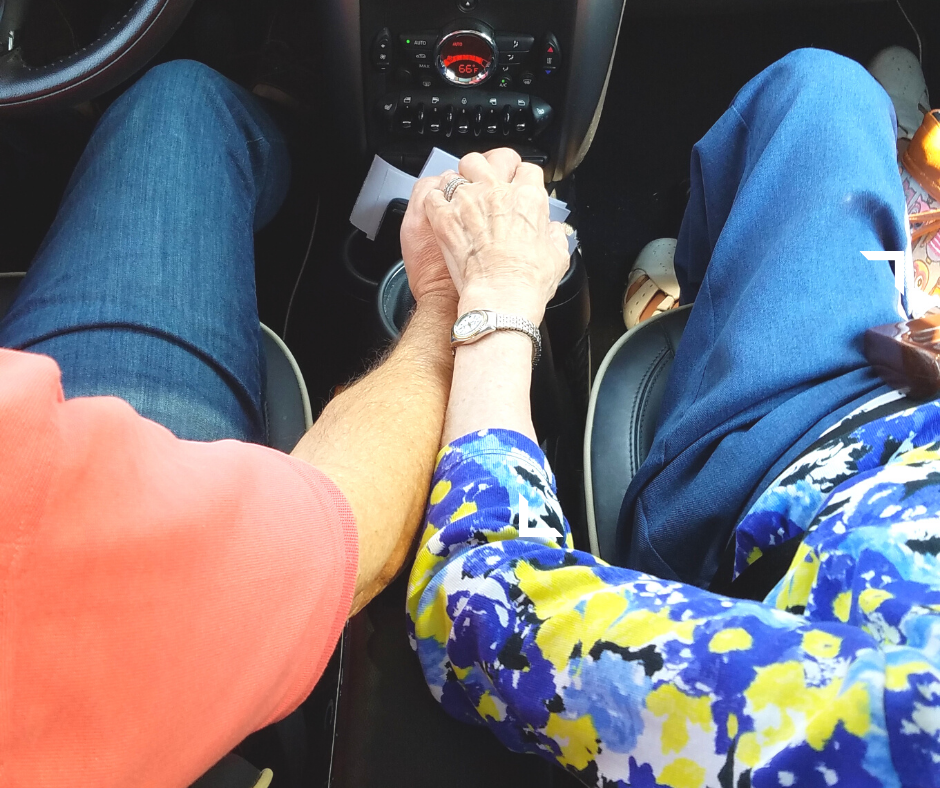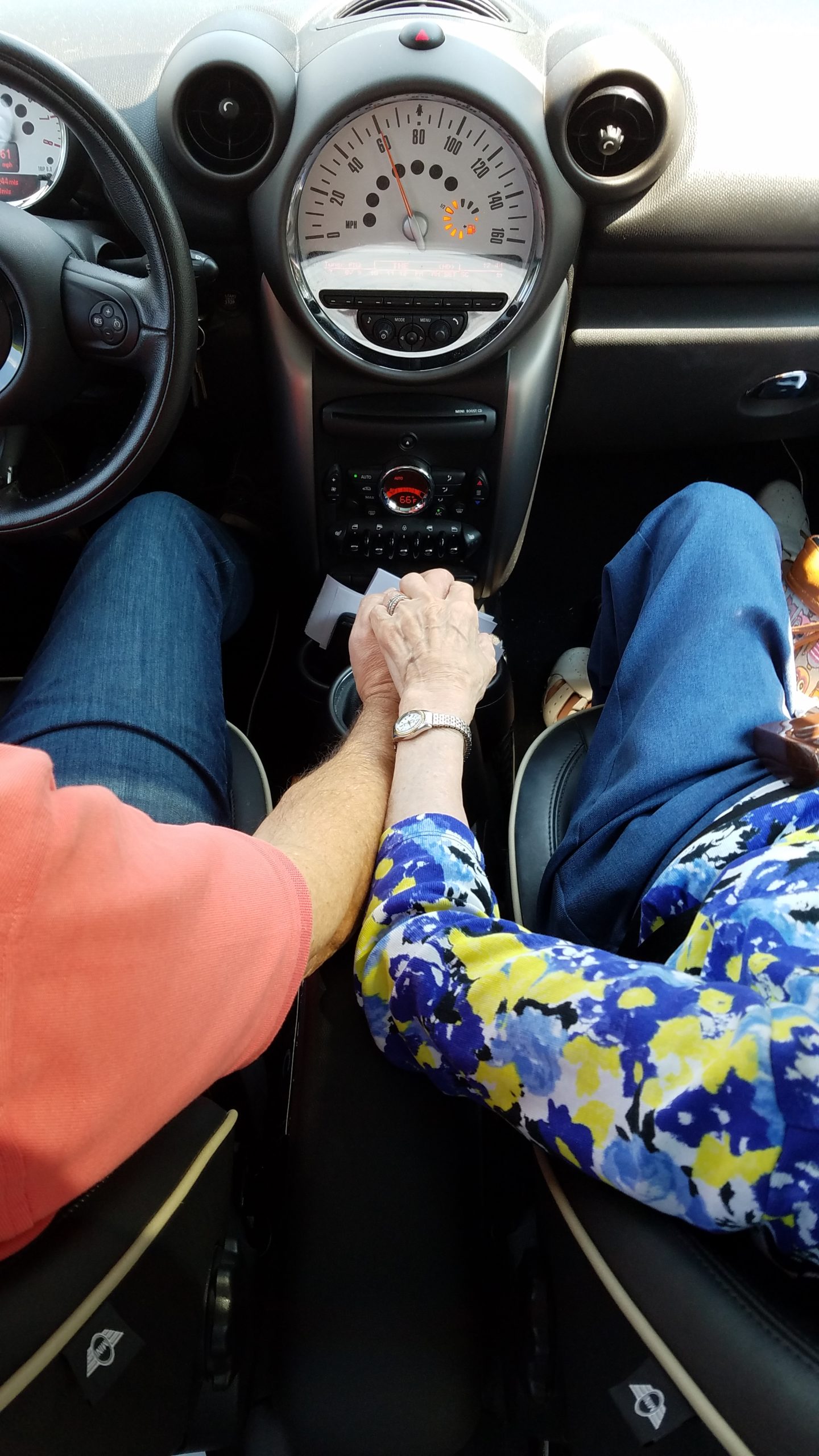My Dad was in the Army and was one of the thousands that were caught in a bombing raid that ended up killing over 2,400 soldiers and civilians in less than two hours. Most of his fellow soldiers were in their early 20’s, he was 19 years old experiencing being strafed by planes and watching his friends die. 19!
That experience galvanized these men and women into what ended up being a lifelong friendship. My Dad was the State Chairman of a national survivors group and kept in touch with over 400 of them regularly. I can recall some epic parties with hundreds of families in our back yard under a tent, think Octoberfest. They started on Thursday and ended late Sunday afternoon. There was a lot of beer, food, and music, but also games for the children, did I mention there was beer? We had some great summers.
Many years later, I was with my Dad, and the phone rang. He jumped like he was being jolted with electricity. When asked what was wrong, he said, “The last three weeks I had 23 calls of guys dying. I just can’t take another phone call.” Then he added that there were a couple of them found some time after they died in their homes, alone.
How it works
Think about what your life is like right now. I’m guessing you have family, friends, and workmates that keep you busy. You may even travel and meet new friends at conferences, cruising, music events with thousands of people. Some of these people will become good friends, some might also enter into your inner circle of friends. Women tend to have 5-to-8 of these intimate friendships while men have one-to-three. On average, we change friends every ten years mostly due to life stages.
When you eventually retire, these friends may slowly slip away, for various reasons. The calls are less frequent, visits happen less often, and the relationship wanes. A significant event may bring you back together for a bit, but both of you can see what’s happening. Eventually, your spouse dies or has a significant illness, and you are mostly on your own.
My Dad would often tell me never to retire because you only live five or so years afterward. That was the case for his generation. My generation will most likely have 20-30 years after retiring, my son may have 40, maybe more.
Having no purpose and being alone after retiring has a significant impact on how long you live, it saps the willingness to continue out of you.
There are exceptions to this, thankfully. Your children may be close by, or you move to be close to them. You and your friends may have a set time together to keep in touch. If you don’t, you should. These are all good things; they take work to keep going. Many are active in their communities, where they provide help for many years after retirement. Keeping busy and active for as long as possible in mind, body, and spirit is a good thing.
Loneliness is a problem.
The U.K. announced a Minister of Loneliness in 2018 and the U.S. National Academies of Science initiated a long term study on loneliness that same year. When announcing this new Minister of Loneliness they also reported that they found “Around 200,000 people have not had a conversation with a friend or relative in over a month.” (emphasis mine) Many others are recognizing this issue, from universities to health providers, as it impacts mental and physical health as you age.
A study conducted by the University of Michigan Medicine states that 34% of respondents feel a lack of companionship and 27% feel isolated from others. If that statistic holds valid with the aging population, in ten years, there will be about 24,000,000 lonely seniors in the U.S. alone. Worldwide the UN estimates many developed countries will have a population of 65+ making up 20% of a country’s population. Japan will have 30% closely followed by Germany at 28%. That’s a lot of lonely people who have contributed to society the best years of their lives, a third of them living by themselves.
Loneliness contributes to a 29% increase in heart disease and a 32% rise in stroke risk according to CareMore Health, a subsidiary of a medical insurance provider in California. Seniors experiencing loneliness have a 45% increased risk in mortality as stated in research Loneliness in Older Persons. It also showed a $26B impact on the healthcare system due to failing health of those who reported being lonely.
What to do
My Mom was 94 when I wrote this post. She lived in a great community of people who always seem to have something going on; sometimes I wish we lived there! My Sister, Brother, and I had a tag-team approach where one of us would call on a specific day and chat. On other days we would take her out shopping and lunch.

A year or so ago, when on the way to lunch, my Mom reached out to hold my hand. At first, it was a bit strange and awkward as I have a six-speed manual transmission, and we were in traffic. She would also hold on as we walked around, more than usual. When I asked what was going on, she said, “I’m feeling lonely and need to hold your hand.” My response was that she was living in a community with hundreds of people; how could she possibly be lonely.
She stopped and looked at me, “You don’t understand, they are mostly acquaintances or friends, not family.” Since that exchange we then upped our time with her.
If you have a parent still living, make a plan to see them regularly. You are family! They want to see you even though they may not say it because they “don’t want to be a burden.” If there were issues in the past, now is the time to work through them. Ask your siblings to join in, don’t forget your Aunts or Uncles, and visit them too. Don’t just check in with them, spend time, and be present with them. Put your phone away unless you’re showing them pictures of their grandchildren. Include them in family gatherings and possibly vacations until it’s no longer possible, then use technology to connect them. Don’t substitute physical touch with a video chat unless you are more than two hours away.
What Love Is…if you’re not sure
Love is patient, even when answering the same questions every 5 or 10 minutes.
Love is kind, even when a disease takes over your parent’s mind or body, and are abusive.
Love does not boast nor is it proud about how much more you care for your parent over your siblings.
Love does not dishonor others; parents especially, but also siblings or nurses who are doing their best with the little pay they earn to take care of your parent.
Love always protects, so be the advocate for your parent.
Love always trusts that others have good intentions.
Love always hopes that there is good in life, and love always perseveres in the relationship with you and your parent until the end.
Love never fails.
That is what love is, now go do it with your parents.
Honor – Knowledge – Life, it’s what we do.

